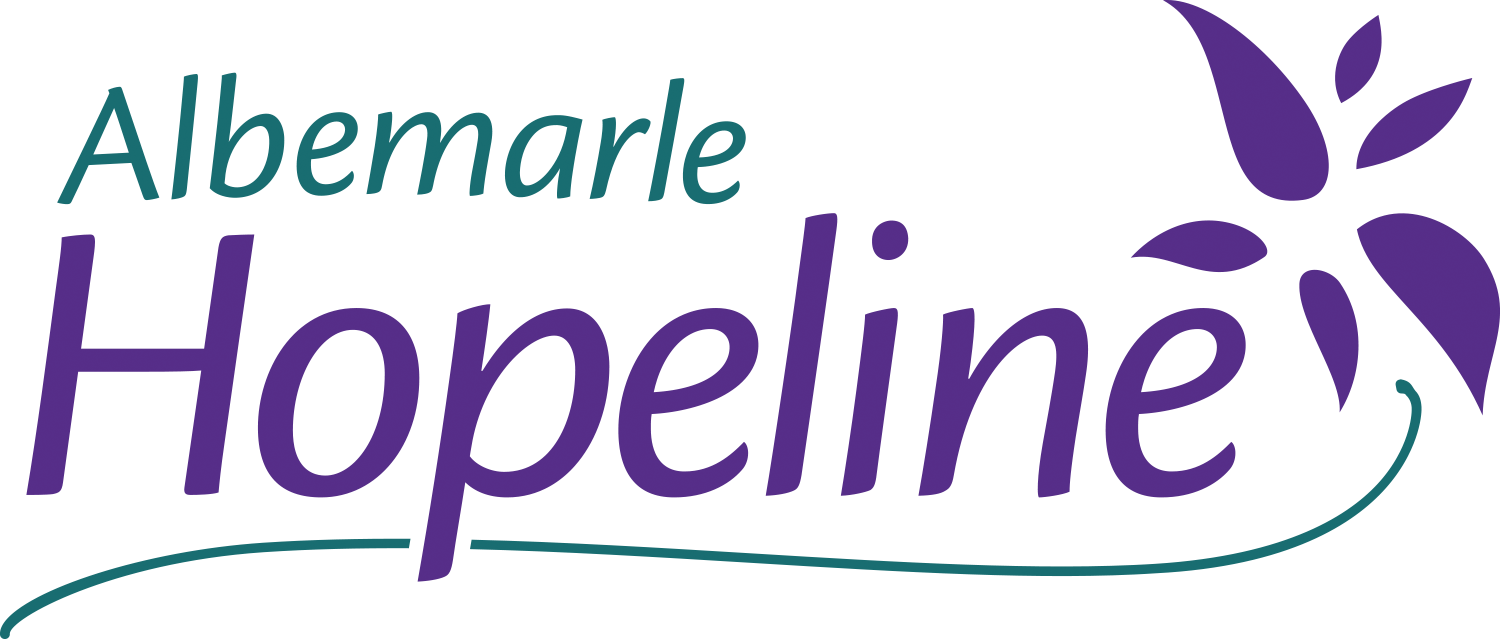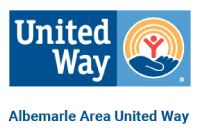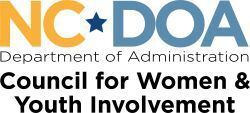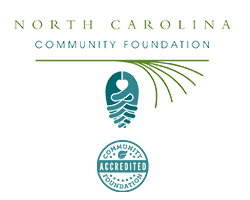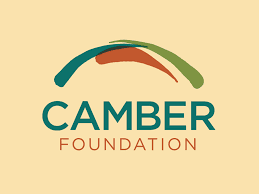During Women's History Month, Albemarle Hopeline would like to honor the "Founding Mothers" of our agency's history, who worked so hard to create and grow this organization and ensure its longevity to serve victims for generations to come. Hopeline has grown and expanded from a grassroots organization of dedicated volunteers, to one of the largest victims' services agencies in the state of North Carolina.
The path was not always easy- our founders experienced pushback, discrimination, and many citizens who did not welcome a domestic violence shelter into the community initially. But through their advocacy efforts, Hopeline gained trust and support, and through outreach and education the need for our services was demonstrated. We will forever be thankful for the Board members, volunteers, prior staff members, and community supporters who helped pave the way for such tremendous growth.
The history below was compiled by our agency's first Executive Director, Patricia Youngblood.
*****
Our program was organized in 1981 by a small group of women responding to emerging state and national information on sexual and domestic violence. Concerned about the safety of individuals and families, this group started an independent organization, The Camden, Currituck and Pasquotank Task Force on Crimes Against Women, Inc., which soon grew to include Perquimans, Chowan and Gates Counties. The agency was known as Albemarle Hopeline. Through a small grant from the North Carolina Council on the Status of Women, the Albemarle Hopeline 24-hour crisis line was started in late 1982, becoming the foundation for the cadre of intervention and prevention services that followed.
Initially, little was known of effective strategies to combat the identified concerns surrounding sexual and domestic violence. In 1983, a part-time director was hired to coordinate services within the six-county area. Prevention efforts consisted of a volunteer going into the public schools educating students about safe touches, date rape and sexual assault. Victims in the early years were offered short-term motel stays and later the use of a small apartment was donated until the first three-bedroom shelter located in Elizabeth City (Pasquotank Co.) was acquired in 1985. Hopeline’s sexual assault program was expanded in 1987 and a sexual assault educator and full-time therapist were hired. A permanent shelter facility, Hope House, (also located in Elizabeth City) was purchased in 1989 and included office space for support services. A court advocacy component was added in 1995, along with a full time domestic violence counselor. In 1999/2000, Hopeline began service expansion with emphasis on outreach to outlying counties with the opening of three direct service satellite offices located in Currituck, Perquimans and Chowan Counties. Hopeline’s Clothesline Thrift Store also opened to further support outreach efforts and provide funding for victim services.
In February 2006, Hopeline opened its present, handicapped accessible, 14,000 square foot facility that is comprised of two wings: Hope House, capable of sheltering 30 women and children; and office space for comprehensive direct services. This is in addition to the two satellite offices and our thrift store. (Hopeline currently has satellite offices in Currituck and Edenton- in the past there have been offices in Perquimans and, briefly, in Gates.) The expanded direct service/shelter facility has provided enhanced opportunities to strengthen service delivery to victims and has maximized previously untapped agency potential. Victims are now afforded a greater continuity of in-house services that include individual counseling and court advocacy. This has also produced an increase in support groups; on-site staff and community trainings; and collaboration with community partners.
Founding Hopeline members, some of whom are still involved in the agency today, traveled in uncharted waters as they explored ways to increase individual and community safety. In these rural communities abuse issues were barely mentioned, especially rape and sexual assault. Each county was unique in personality, population and attitude. Yet, diverse service sections were penetrated and communities have gradually taken steps toward ownership of the problem of sexual and domestic abuse. Through interaction with Hopeline’s well-trained advocacy unit, the legal / law enforcement community has changed and now refers clients, consults with advocates, attends agency workshops, collaborates on professional trainings, supports Hopeline activities and serves on the Board of Directors. Social service agencies have invited agency participation on committees, requested trainings, collaborated on workshops, and serve as board members. The faith community has provided financial and physical support, hosted prevention programs, and has also served on the board.
Although much has changed over the history of the agency, the goal of safety has continued to be the driving force that motivates board, staff and volunteers. Hopeline has developed a comprehensive service component designed to extend to the far corners of its collective rural community, reaching the isolated and previously unreachable, with the mission of “providing comprehensive direct and preventive services to victims of family violence, sexual assault, and teen dating violence in the counties of Pasquotank, Camden, Chowan, Currituck, Perquimans, and Gates”.
From its grassroots inception to the present, Hopeline has offered both direct and preventive sexual assault and domestic violence services with program changes made as new information, training and experience dictated. Today, these services include a 24-hour crisis line; sexual assault response team; crisis intervention; court advocacy; individual and group counseling; information and referral; Power to Improve Program (previously funded as the Displaced Homemaker Program); and prevention through education.
